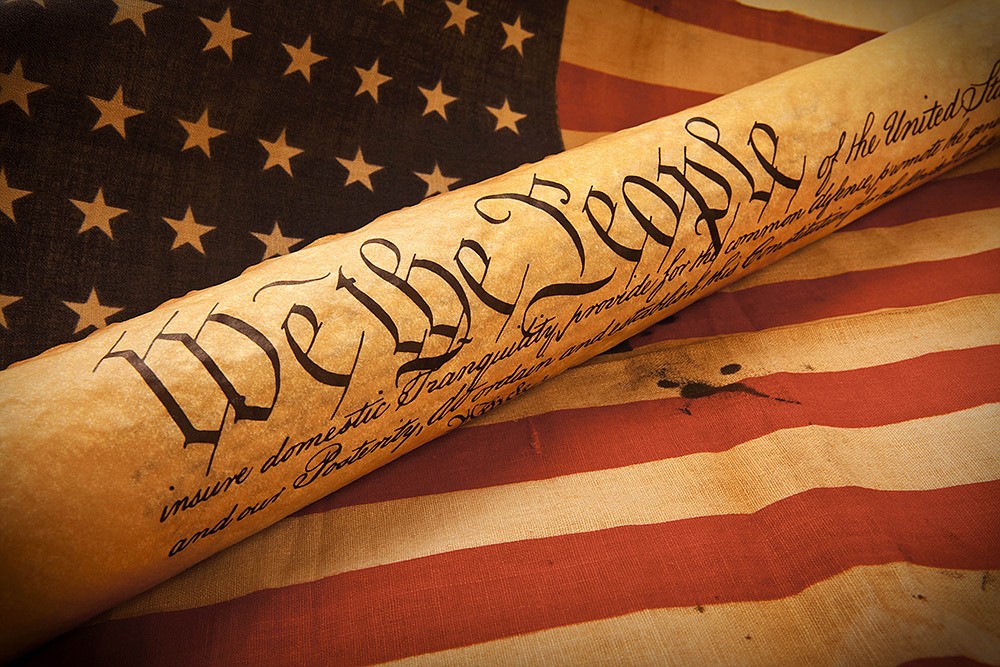
By U.S. District Judge Timothy Corrigan
Special to the Daily Record
How fitting that when you enter the federal courthouse, you immediately come upon a display of the Bill of Rights. As a federal judge, I am a daily user of the Bill of Rights and have always been interested in its origins.
In September 2015, I visited Montpelier, the Virginia home of James Madison, one of the principal drafters of the Bill of Rights.
Madison, sometimes called the “Father of the Constitution,” was also a member of the Virginia legislature, Congress, and he was the fourth president of the United States. Note though, that like many of the founders, Madison was a slaveholder.
Ironically, Madison originally thought a Bill of Rights unnecessary but, bowing to anti-federalist complaints that the government formed under the new Constitution threatened individual liberties, Madison jumped in with both feet.
He realized that if he took a leading role in drafting the amendments, he could restrict their content to protecting individual rights, rather than making major structural changes to the newly constituted government.
So, Madison embarked on what he later described as “the nauseous project of the amendments.”
Working from his second-floor study at Montpelier, Madison consulted the great political works of the past and the constitutions of other governments as he crafted the amendments.
Once he had completed his task, he then worked with Congress and the “Committee of the Whole” to finalize them.
Some of Madison’s work survived unscathed. For example, the Fourth Amendment, prohibiting unreasonable searches and seizures, was adopted nearly verbatim from Madison’s proposal. I imagine this conversation:
Dolley Madison: “Honey, how was work today?”
James Madison: “Fine. I wrote the Fourth Amendment.”
Others, particularly the First Amendment, were hotly debated and became the product of compromise.
However, the first words of the First Amendment, “Congress shall make no law respecting an establishment of religion . . .” was a victory for Madison and something of great importance to him.
The other amendments underwent similar revision but much of the essence and wording that Madison originally proposed is in the final version. Space prevents a lengthier discussion of Madison’s proposals as compared to the final result, but it is a fascinating exercise.
In the end, the states adopted 10 of the 12 proposed amendments to the Constitution, becoming what we now call the Bill of Rights.
Madison proved prescient even on some issues on which he lost. Madison’s proposal to apply the Bill of Rights to the states was defeated. It took the Civil War, the enactment of the 14th Amendment in 1868 and years of legal wrangling before Madison’s vision of the Bill of Rights pertaining to the states finally became a reality.
On this Law Day, when we celebrate the rule of law, we acknowledge the transformational work of James Madison in crafting the Bill of Rights, the foundational document enumerating American liberties and preserving individual rights.